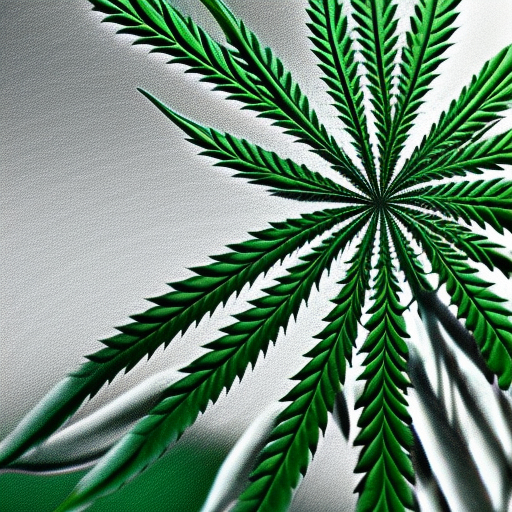
Yo, my name is Dan and I gotta talk to y’all about driving under the influence of weed. With legalization and the increased use of cannabis for medicinal purposes, it’s become more common than ever for folks to hit the road after getting high. And let’s be real, driving is hella convenient and sometimes you gotta get somewhere before your high dies down.
But here’s the thing, the way weed affects your driving performance is hella complicated. Some people claim that it makes them better drivers (yeah right), while others acknowledge the potential dangers. Studies are conflicting on whether or not weed actually causes motor accidents, but regardless, it’s still illegal to drive under the influence. But here’s the kicker: current methods for detecting impairment are inadequate.
So, let’s break it down. First off, weed affects everyone differently depending on dosage and tolerance. Some people might be able to handle it better than others, but even low doses can cause impairment. We’re talking slowed reaction times, impaired memory, difficulty focusing, loss of coordination, and trouble with complex tasks like driving. And let’s not forget that driving is one of the most complex psychomotor tasks out there.
But hold up, not all driving tasks are equally affected by weed. Some studies have shown that at lower doses, drivers can still assess traffic and risks properly and operate their brakes safely. That being said, it’s still risky business and compensation behaviors like driving slower and leaving more space between vehicles aren’t always enough.
Now let’s talk about smoking while driving. It might seem like a chill way to get your high on, but trust me when I say it’s not the best idea. It makes the high hit harder and leaves a ton of evidence for the police to use against you if you get pulled over (plus it’s just straight up dangerous).
So what about laws? Well, even though weed is becoming more and more legal in certain areas, driving under the influence is still a criminal offense in most cases. But here’s the thing: there’s no recognized standard for marijuana use while driving like there is for alcohol. Different countries have different policies; some have zero tolerance policies while others define intoxication by THC concentration in blood or urine.
How long should you wait to drive after smoking? Studies have shown that cognitive and psychomotor impairments are most severe within the first hour of smoking weed and within two hours of consuming edibles. But even though most law enforcement agencies consider users unfit to drive during this time, significant performance deficits can last up to four hours.
How do police check for cannabis use? Unfortunately, there’s no quick or reliable method like a breathalyzer for alcohol. Instead, they make their own observations based on erratic behavior or physical symptoms of intoxication. If they suspect you’re under the influence, they’ll ask you to perform a field sobriety test and may mandate a blood or urine test to confirm presence of THC. But here’s the kicker again: THC can stay in your bloodstream for up to seven days and up to two months in urine tests.
And let’s not forget about medical marijuana users. While exceptions are sometimes made for patients who need marijuana for chronic diseases or psychiatric conditions (like depression or anxiety), levels of potential impairment vary greatly from person to person depending on dosage and tolerance. Again, compensation behaviors aren’t always enough.
So why is all this important? Because regardless of whether or not we agree with it being illegal, driving under the influence of marijuana is potentially dangerous and laws need to reflect those risks appropriately. We need better methods for detecting impairment and more accurate field tests for marijuana intoxication (which are in development in the US). Most importantly though, we need to be informed so we can make responsible decisions for ourselves and others on the road.


